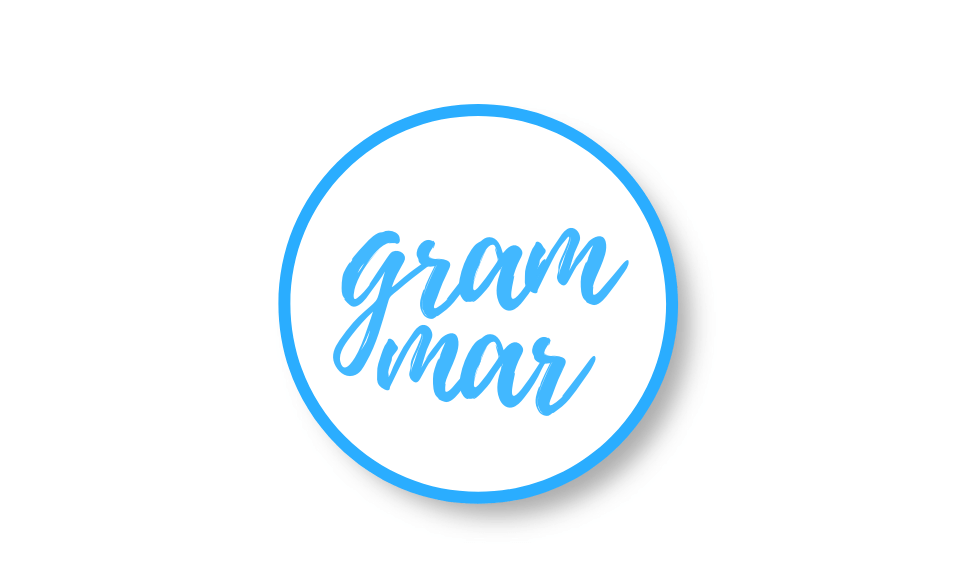Como vamos a ver en esta lección, todas estas palabras son generalmente intercambiables entre sí, teniendo en cuenta algunos detalles como su colocación en la frase o su uso formal o informal.
but
But tiene muchos más usos y significados en inglés que simplemente pero, y prácticamente puede ser un sinónimo de cualquiera de las demás —though, although & however.
but
|
|
pero, sino, casi, salvo, excepto, sin embargo
|
| I like it but it is too expensive |
| Me gusta pero es muy caro |
| She likes every vegetable but celery |
| Le gusta toda la verdura salvo / excepto el apio |
| But for him, everybody passed the exam |
| Salvo / Excepto él, todo el mundo aprobó el examen |
| I like it but I’m not buying it |
| Me gusta pero / sin embargo no lo voy a comprar |
| He is not an architect but an engineer |
| No es arquitecto sino ingeniero |
however
However es nuestro sin embargo y se usa igual que en español, es decir, que normalmente empieza una frase y detrás lleva coma.
however sin embargo
| I think it is important. However, not everybody agrees |
| Creo que es importante. Sin embargo, no todo el mundo está de acuerdo |
| It is raining now. However, I’m going to the beach |
| Ahora está lloviendo. Sin embargo, voy a ir a la playa |
though & although
Ambos significan aunque, pero también se pueden traducir por a pesar de esto —in spite of this.
though
|
|
aunque
|
although
|
|
aunque
|
Funcionan igual que nuestro aunque, introduciendo una frase subordinada. Es decir, una frase que necesita a otra principal para tener sentido completo. Esto se ve muy fácil si tratamos de cambiar although o though de posición.
| Although / Though he was tired, he finished the job |
| Aunque estaba cansado terminó el trabajo |
| He finished the job although / though he was tired |
| Terminó el trabajo aunque estaba cansado |
En nuestros ejemplos comprobamos que he was tired es una frase que necesita a He finished the job para tener sentido completo. No te preocupes, es igual en español así que traduce y lo harás bien.
Si vamos a decir un verbo detrás de though o although, ese verbo va en gerundio.
| Though working hard is tiring, he likes it very much |
| Aunque trabajar mucho es agotador, le gusta mucho |
| Although lowering the prices may help the economy it may also harm small businesses |
| Aunque bajar los precios puede ayudar a la economía, también puede dañar a los negocios pequeños |
diferencias entre though & although
1 La diferencia principal entre though y although es que although es formal y, por tanto, generalmente solo se escribe, mientras que though es informal y es el que se usa a diario.
| I like recycling thought it is burdening |
| Me gusta reciclar aunque es una carga |
| We all make insensitive comments from time to time though we hardly ever realize it |
| Todos hacemos comentarios insensible de vez en cuando aunque casi nunca nos damos cuenta |
| Recycling in the UK is on the rise although the government is not doing enough |
| El reciclaje está al alza en el Reino Unido aunque el gobierno no hace lo suficiente |
| Although some citizens find it unpleasant, the government must work for equality and social justice |
| Aunque para algunos ciudadanos no sea agradable, el gobierno debe trabajar por la igualdad y la justicia social |
2 Además, though puede ir al final de la frase.
Cuando though —nunca although ni even though— tiene un sentido en la frase similar a however o nevertheless, es muy común que en conversación se diga though y se coloque al final de la frase.
Algo que no se hace en español y al principio puede sonarnos un poco raro pero que es muy común en el inglés de todos los días.
| It is raining now. I’m going to the beach, though |
| I think it is important. Not everybody agrees, though |
| I don’t care, though. I will do it anyway |
even though
Even though en español significa aunque, incluso aunque, aún, a pesar de o el incorrecto pero usado *aun encima.
El even simplemente le da énfasis a though. Realmente no cambia la traducción al castellano, solo da fuerza a lo que se dice o escribe.
| Even though he was tired, he finished the job |
| Aunque estaba cansado, terminó el trabajo |
| He finished the job even though he was tired |
| Terminó el trabajo incluso aún estando cansado |
| Even though the party was pretty lame, I had a good time |
| A pesar de que la fiesta fue bastante penosa, me lo pasé bien |
| Even though I help you all the time, you never help me back |
| *Aun encima de que te ayudo siempre, nunca me devuelves el favor |


